All you need to know about palm oil
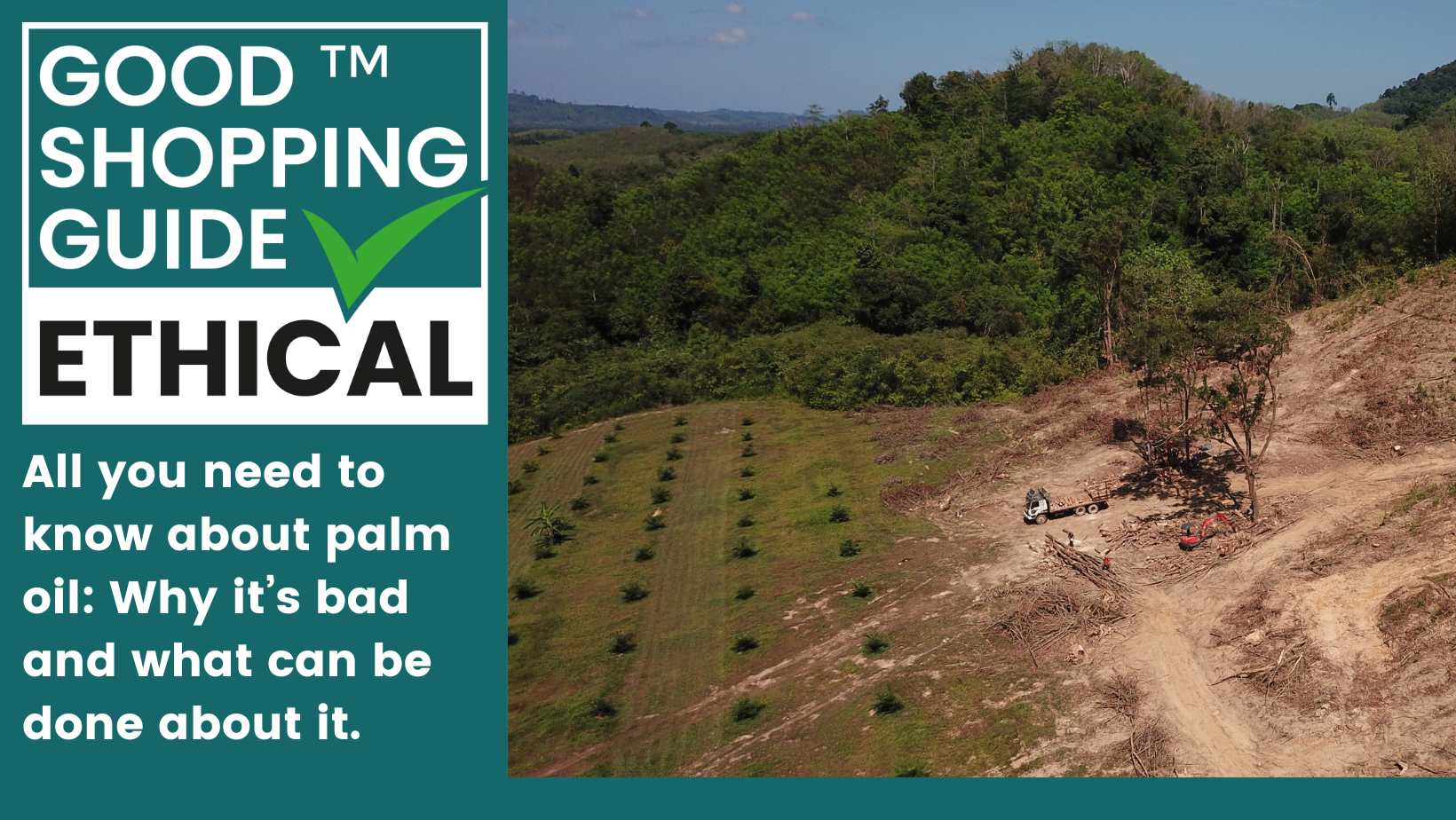
What is palm oil? Why is it bad? And how can you help? This article provides a simple explanation of the major issues with palm oil, shows you which companies are involved in them and offers some advice on how you can make a difference.
What is palm oil?
Palm oil is an edible vegetable oil which comes from the fruits of oil palm trees. Palm oil is often used to give products (such as spreads and moisturisers) a smooth and creamy consistency and can also act as a natural preservative to increase the shelf life of products.
Due to its versatility, palm oil is present in a wide range of everyday products. This includes food items such as sweets, chocolate and biscuits, as well as cosmetics like soap, skincare and shampoo. According to WWF, palm oil can be found in around 50% of packaged supermarket products!
Although oil palm trees originated in West Africa, the crop is also grown across many tropical countries in Asia and the Americas. Data from the United States Department of Agriculture (USDA) reveals that Indonesia is by far the largest palm oil producing country, with approximately 59% of global production. Malaysia is the second largest palm oil producer, with around 24% of global production.
Why is palm oil bad?
Palm oil is considered ‘bad’ because of its role in contributing to deforestation and the impact this has on climate change, wildlife and vulnerable communities. Palm oil is therefore a key issue across all three of our research categories – the Environment, Animals and People.
It is no coincidence that Indonesia, the largest palm oil producer, is consistently named as one of the countries with the highest deforestation rates. Forests across Indonesia and other parts of South East Asia have been decimated so that the land can be used for palm oil production. The Stockholm Environment Institute claims that the expansion of palm oil plantations over the past 20 years accounts for a third of Indonesia’s loss of old-growth forest!
This has deprived our earth of important resources for absorbing carbon dioxide from our atmosphere. Without these forests, limiting climate change and global warming is extremely difficult.
Deforestation due to palm oil production has also led to major biodiversity loss in critical habitats. Many species have become endangered as a result, including the orangutan, Sumatran elephant, Bornean pygmy elephant, Sumatran rhino and Sumatran tiger.
Moreover, land clearance in palm oil producing regions has also had a detrimental impact on local indigenous communities. For example, in the Amazonian state of Pará, Brazil’s largest palm oil producing region, palm oil companies Brasil Biofuels (BBF) and Agropalma have been accused of forcibly removing local communities to make way for palm oil plantations. An article by Global Witness states that these companies have been linked to violence, land grabbing and forced evictions of several indigenous communities, a clear violation of their human rights.
The palm oil industry has also been linked to issues such as child labour, worker exploitation and violence. However, this issue could be more easily resolved if companies did their due diligence when choosing palm oil suppliers.
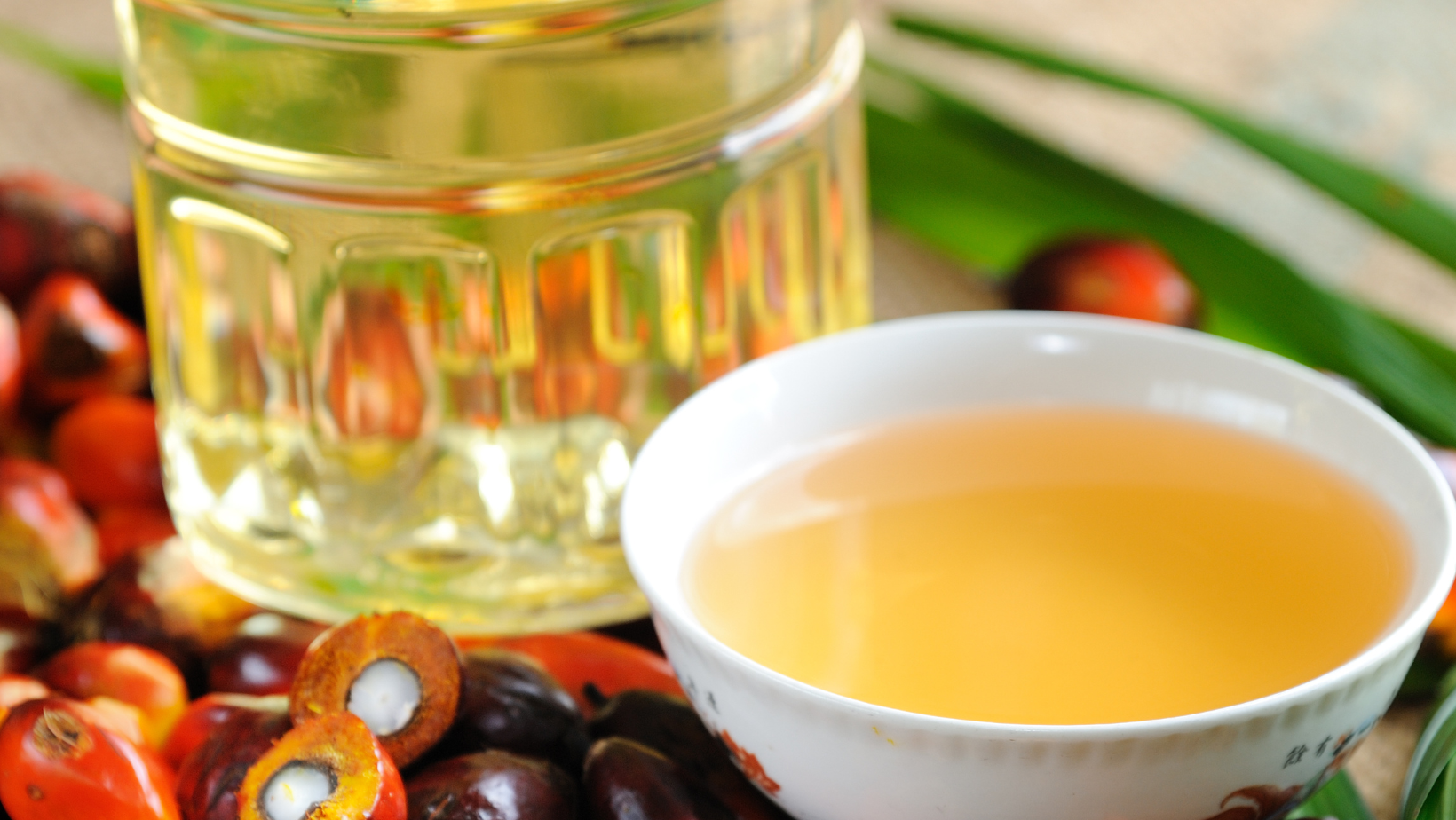
Which companies and brands are known for unsustainable palm oil usage?
As so many products contain palm oil, it would be impossible to list all the companies involved in palm oil consumption. However, we can give you some examples of the worst offenders.
One product that is notorious for its high palm oil content, amounting to 20% of its overall ingredients, is Nutella spread. Ferrero, Nutella’s parent company, has been criticised on several occasions for unsustainable palm oil sourcing.
For instance, one of Ferrero’s Malaysian suppliers, Sime Darby Plantation, was banned by U.S. customs due to suspected forced labour. Although Ferrero cut ties with this supplier following the allegations, the company should have been more vigilant to avoid sourcing from unethical suppliers. This is one of many reasons why Nutella receives a low score of 40 in our Jams & Spreads Ethical Ratings Table.
Additionally, Brasil Biofuels (BBF) and Agropalma, the two palm oil companies we previously mentioned for their links to human rights abuses, have supplied many well-known companies. These companies (with examples of the brands they own) include:
- Procter & Gamble (Head & Shoulders, Fairy, Oral B)
- Mondelēz (Cadbury, Oreo, Jelly Babies)
- Nestlé (KitKat, Fruit Pastilles, Lindahls)
- Colgate-Palmolive (Colgate, Palmolive, Sanex)
- PepsiCo (7Up, Walkers, Doritos)
- Unilever (Ben & Jerry’s, Dove, Simple)
‘Palm oil free’ or ‘sustainable palm oil’?
There is a debate in the sustainability community about whether ‘palm oil free’ or ‘sustainable palm oil’ is the more ethical option. Our take on ‘sustainable palm oil’ is that, although progress is being made, there is currently no reliable certification for sustainable palm oil that we trust.
The most well-known certification, the Roundtable on Sustainable Palm Oil (RSPO), has been making some progress in this area. RSPO aims to ensure better environmental and human rights standards within the palm oil industry and has many notable companies signed up as members.
However, several organisations, such as Greenpeace, have argued that sustainable palm oil is a ‘con’. Critics of RSPO point to the fact that many unethical companies, such as Nestlé and Mondelēz, use RSPO-certified palm oil and are still being linked to deforestation and other unsustainable practices.
The other option is to have ‘palm oil free’ products, which do not contain any palm oil whatsoever. Some organisations, such as WWF, argue that this is the wrong approach, as palm oil is more sustainable than other alternative vegetable oils and many farmers rely on palm oil production for their income.
However, if palm oil can be removed from a product without requiring an alternative, then going ‘palm oil free’ is the best option. As Greenpeace states, a major problem with palm oil is that we are simply using too much of it. By going ‘palm oil free’, we can start to reduce our overreliance on this ingredient.
At The Good Shopping Guide, we therefore believe that emitting palm oil from products altogether is a better solution, given that no reliable option for ‘sustainable palm oil’ currently exists. If a trustworthy certification becomes available, we may reconsider this position.
Our Palm Oil Free category and palm oil free brand recommendations
In a recent update to our methodology, we have introduced a new Palm Oil Free criterion in relevant sectors. The category awards additional points to companies with a palm oil free policy, which provides recognition for their commitment to avoiding this environmentally harmful ingredient.
As we have only recently added the Palm Oil Free category to our research, it is still yet to be implemented in several sectors, such as some of our Food & Drink and Health & Beauty tables. Currently, the Palm Oil Free category has been applied to our Biscuits, Bread, Breakfast Cereal, Chocolate, Crisps, Jams & Spreads and Sweets tables.
Examples of brands that have achieved a top rating for Palm Oil Free include Free From Fellows, Raw Living and Seed & Bean. We can also verify several palm oil free cosmetics companies, although this has not been incorporated into our research yet. These companies include Caurnie Soaperie, Conscious Skincare, Bloomtown, Living Naturally and PHB Ethical Beauty.
We hope you have found this article useful for finding out more about palm oil, why it is bad and what you can do about it. We understand that palm oil is an ingredient which is almost impossible to avoid, so do not be too hard on yourself. However, we are pleased to point you in the right direction by recommending the brands listed above.
Share
Related articles
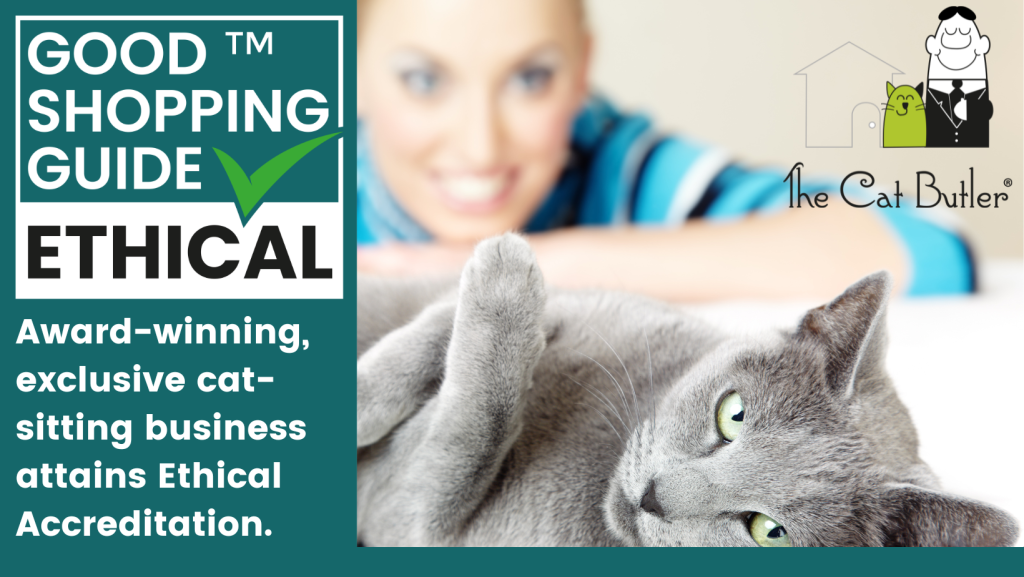
Purr-fectly ethical: The Cat Butler achieves Ethical Accreditation!
Award-winning, compassionate cat-sitting business The Cat Butler attains Ethical Accreditation.
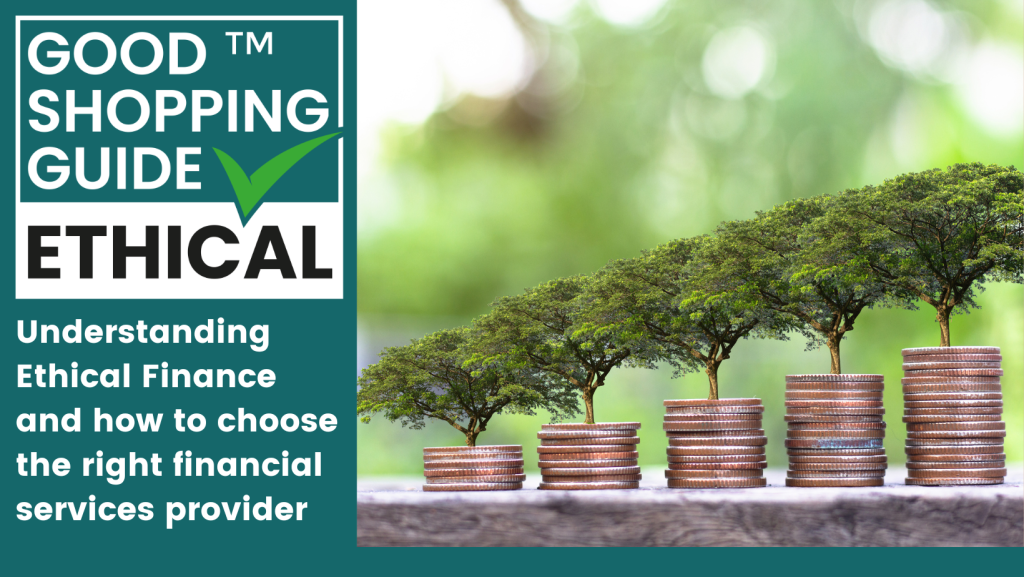
Our guide to navigating Ethical Finance
Our summary of the ethical issues within the Finance industry and advice on how to choose an ethical financial provider.
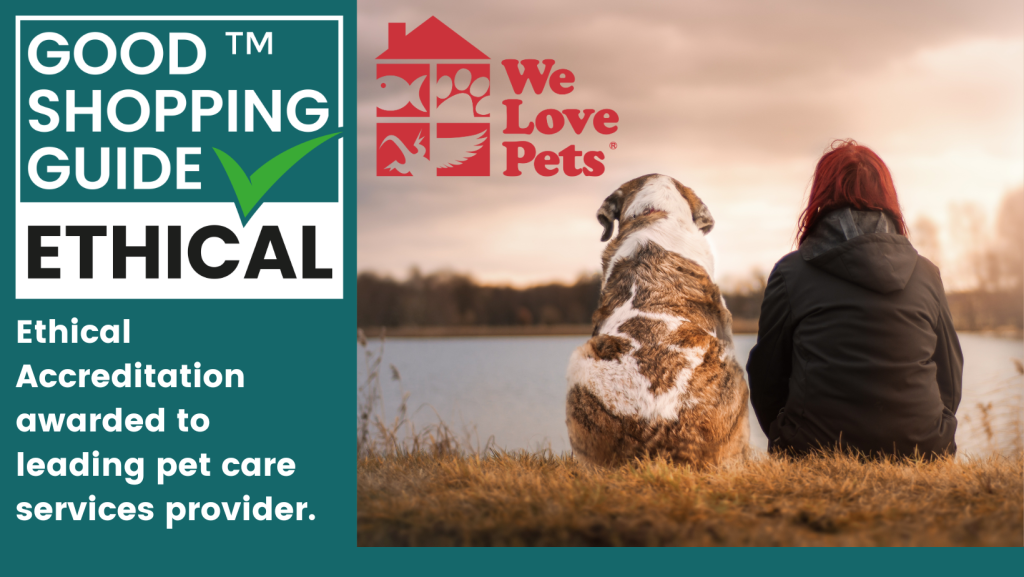
We Love Pets: Championing animal welfare in pet care
Leading pet care services provider, We Love Pets, awarded Ethical Accreditation.